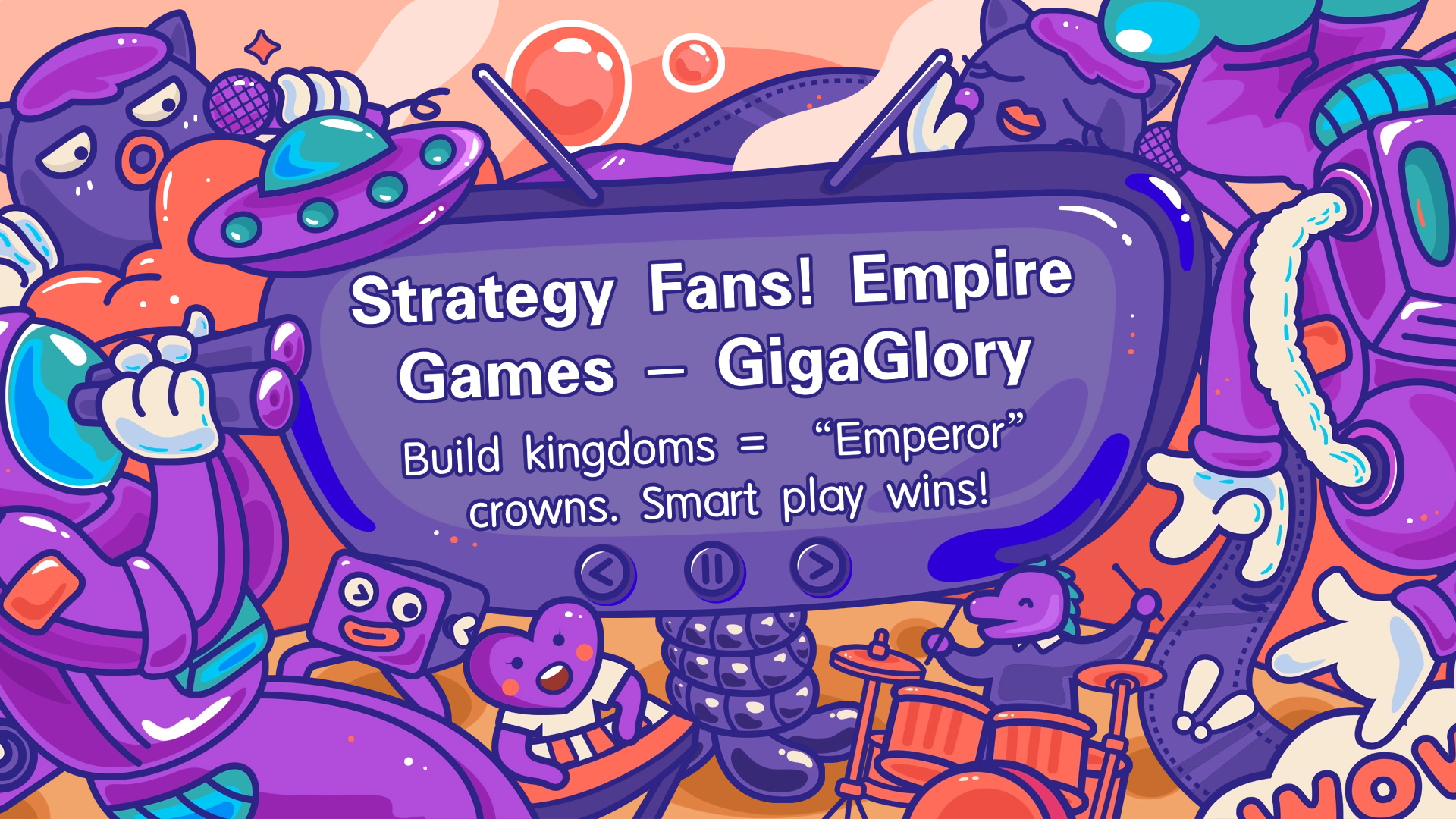Why City Building Simulation Games are the Ultimate Test of Creative Strategy
City building simulation games have gained a massive following over the recent years. The complexity and creativity involved in managing an imaginary city provide a compelling environment for gamers. These games act as a testing ground for strategic thinking and resource management. They go beyond mere entertainment, allowing players to delve into a world where they can construct their own societies, from the ground up.
The Appeal of Simulation Games
Simulation games have a unique charm that attracts a wide audience. The ability to shape an entire city gives players a sense of control and accomplishment. Unlike traditional games, where the story dictates your moves, city building games provide the flexibility of creating your own narrative. Here are some key points:
- Endless Creativity: Players can make unique cities, tailoring aspects like architecture and infrastructure to their preferences.
- Strategic Resource Management: Balancing resources is crucial. Players must manage budgets, supplies, and city needs effectively.
- Long-term Planning: Success hinges on foresight. Players need to anticipate future growth and demands.
City Building Games Versus Traditional Games
When comparing city building simulation games with standard video games, a stark difference arises in gameplay mechanics and engagement. City builders encourage a thoughtful approach. Unlike combat-driven games, these require patience and vision.
| Feature | City Building Games | Traditional Games |
|---|---|---|
| Gameplay Style | Strategic, Pacing | Action, Fast-paced |
| Player Control | High Control | Limited Control |
| Creativity | Endless Opportunities | Story Driven |
Challenges in City Building Simulation Games
While they’re incredibly engaging, city building games are not without their challenges. Players face numerous obstacles that require innovative solutions. For instance:
- Resource Scarcity: Players might encounter surges in demand that exceed their city’s supply, creating a need for quick thinking.
- Civic Needs: A city’s happiness depends on the satisfaction of its citizens. This requires managing services like healthcare, entertainment, and education.
- Natural Disasters: Players often have to deal with unexpected events that can decimate their hard work, reinforcing the need for strategic planning.
The Role of Heretic Kingdoms Puzzle
Although not a city building game in the traditional sense, the Heretic Kingdoms Puzzle shares elements that overlap with city simulation games. The puzzle-solving mechanism often parallels the problem-solving required in managing a city. Each decision impacts the overall game environment, similar to how city planners must consider various factors.? Exploring such puzzles enhances a player's critical thinking and adaptability, which are crucial skills for city builders as well.
Final Thoughts
City building simulation games represent the ultimate test of creativity and strategic planning. They not only provide a platform for artistry but also challenge players to think critically about resource management and urban development. So, whether you're putting down the last brick in a high-rise or balancing the city's budget, these games offer a unique blend of challenge and creativity. After all, it’s not just about building a city; it’s about crafting a vision, establishing a community, and, above all, having fun. If you haven’t tried your hand at city building yet, now might be the perfect time.
```


